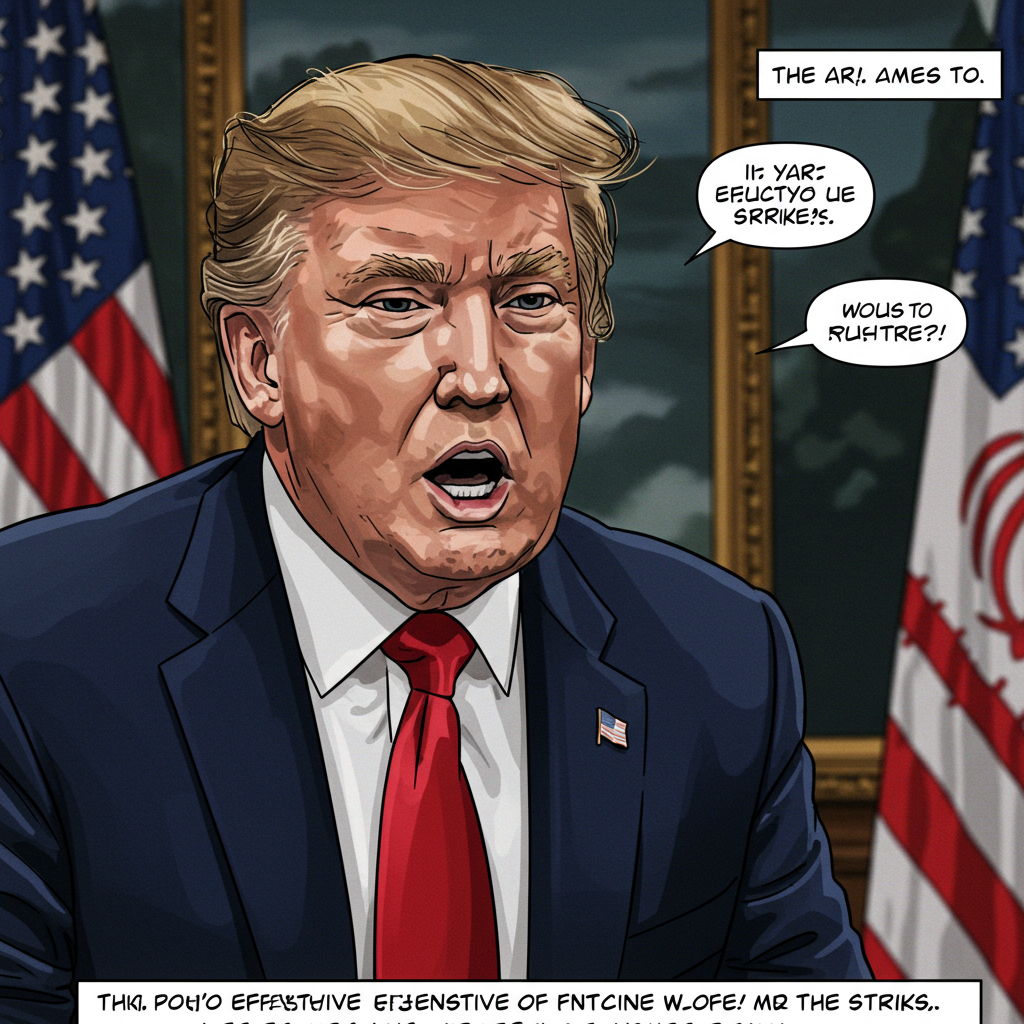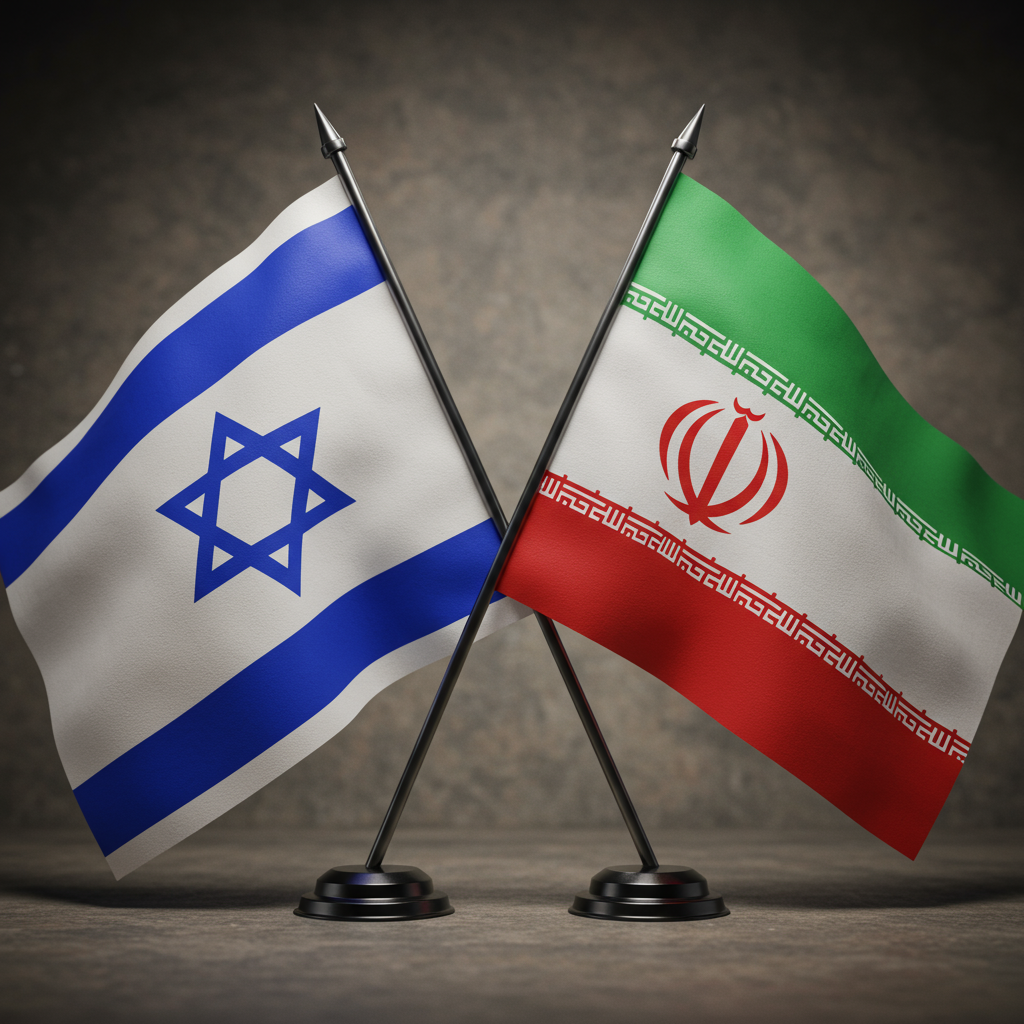Fresh developments on the front lines and in diplomatic circles reveal a complex picture of the conflict in <a href="https://news.quantosei.com/2025/07/04/russia-becomes-first-state-to-recognise-afghanistans-taliban-government/” title=”Breaking: Russia Officially Recognizes Afghan Taliban Rule”>ukraine as it enters its fourth year. Highlighting the ongoing challenges, US president Donald Trump reported minimal progress following a recent phone call with Russian President Vladimir Putin.
The call, lasting nearly an hour, aimed to discuss efforts to end the hostilities. However, Trump stated plainly to reporters on Thursday that he “didn’t make any progress with him at all.” This lack of a breakthrough comes amidst increasing pressure on Trump, even from within his own Republican party, to adopt a more assertive stance towards Putin and push for serious negotiations.
Diplomacy Falters Amidst Escalating Attacks
The conversation between the two leaders did not include one critical issue for Kyiv: the recent pause in certain US weapons shipments to Ukraine. According to Yuri Ushakov, a Kremlin aide providing a readout of the call, President Putin reiterated Russia’s long-standing position. He stated Moscow would only cease its actions once the conflict’s “root causes” were addressed. This Russian shorthand typically refers to issues like NATO enlargement and Western support for Ukraine, signaling no shift in Moscow’s core demands for any potential peace settlement. Putin stressed Moscow’s readiness for talks with Kyiv directly, aiming to achieve its objectives. He also indicated Russia would not back down from its goals in Ukraine.
Significantly, just hours after the conclusion of the presidential phone call, Russia launched a major drone attack targeting Kyiv. The overnight assault resulted in 14 injuries and ignited multiple fires across the capital. Witnesses described explosions and sustained heavy air defense activity into Friday morning. Damage was reported in six of Kyiv’s ten districts, including a medical facility set ablaze by falling drone debris in the Holosiivskyi district. Warehouses and residential buildings in the Svyatoshynskyi, Solomanskyi, and Shevchenkivskyi districts also suffered fire damage from the attack. This immediate military action underscored the persistent reality on the ground, independent of high-level diplomatic exchanges.
Ukraine Responds and Faces Aid Uncertainty
Ukraine also carried out retaliatory strikes. Early Friday, Ukraine launched a drone attack near Moscow, targeting the district of Sergiyev Posad. Oksana Yerokhanova, head of the district, confirmed at least four explosions occurred. The attack injured one person and damaged a power substation, leaving parts of the religiously significant area without electricity. Sergiyev Posad is considered a spiritual heart of Russia’s Orthodox Church.
Amidst the renewed military exchanges, Ukrainian President Volodymyr Zelenskyy voiced his intention to speak with President Trump soon regarding the pause in US weapons deliveries. This suspension, first disclosed earlier in the week, has caused confusion and concern in Kyiv. The pause reportedly stems from low US stockpiles of specific critical weapons, including air defense missiles and precision-guided artillery. It occurs at a particularly challenging time for Ukraine, which is currently facing an intensified Russian summer offensive and increasingly frequent attacks on civilian targets across the country.
The Critical Need for Air Defense and Munitions
The strategic implications of the aid slowdown are stark. A senior Ukrainian commander recently highlighted the death of an experienced F-16 fighter pilot in battle against Russian drones. This incident, he warned, demonstrates the high-risk tactics Ukrainian forces may be forced to adopt more frequently if they cannot secure essential new air defenses. The commander, Oleh Zakharchuk, deputy commander of Ukraine’s western air command, spoke at the pilot’s funeral. He stressed the simple truth: “there is no such thing as enough weapons.” Zakharchuk added that if Ukraine cannot utilize missiles because supplies are not received, the situation on the battlefield becomes exceedingly difficult.
Recent weeks have seen dozens of casualties from intensifying Russian airstrikes on Ukrainian cities. Officials warn this trend will only worsen if allies do not accelerate supplies of vital munitions. President Trump, commenting on the pause earlier in the week, attributed any slowdown or depletion of US stocks to the previous administration. He claimed President Biden had “emptied out our whole country giving them weapons.” While stating the US is still providing aid and working with Ukraine, Trump emphasized the need for America to retain sufficient weaponry for its own defense.
Broader Battlefield Updates and Key Developments
Beyond the direct exchange of strikes following the Trump-Putin call, other significant events unfolded. Russia continued its campaign targeting Ukraine’s mobilization efforts. An airstrike on the central city of Poltava killed two people and injured 47 on Thursday. The attack also damaged the city’s main military draft office. Ukrainian officials explicitly stated Russia’s objective is to disrupt the recruitment process vital for Kyiv’s war effort. This follows a similar drone attack near a recruitment center in Kryvyi Rih earlier in the week, underscoring the targeted nature of these strikes.
On the ground, Russia claimed a territorial gain in the northeastern Kharkiv region. Moscow’s military reported capturing the village of Milove, located on a section of the shared border not previously penetrated by their forces since the 2022 offensive began. Milove was home to several hundred residents before the conflict. Ukraine did not immediately comment on Russia’s assertion. Meanwhile, earlier in the week, Russia claimed full control of the Luhansk region, a claim not immediately confirmed by Kyiv, and also claimed capturing a village in the Dnipropetrovsk region for the first time.
In other notable developments, a US company, Techmet, is expected to bid on the first pilot project of the joint Ukraine-US Reconstruction Investment Fund. Ukraine’s first deputy prime minister announced this potential bid on a lithium mine project in the center of the country. The fund focuses on exploiting Ukraine’s valuable mineral and rare earth deposits. Ukraine hopes to launch three pilot projects within the fund’s initial 18 months of operation.
The conflict also saw the death of high-ranking military and former officials. Moscow confirmed the death of Maj Gen Mikhail Gudkov, a deputy commander of the Russian navy responsible for marine units. He was reportedly killed in a Ukrainian missile attack on a field headquarters in the Kursk region. Additionally, an explosion in Russian-occupied Luhansk killed Manolis Pilavov, a former local official. This incident is part of a series of assassinations in occupied territories and within Russia that have been linked to, or claimed by, Ukraine’s security services.
International Context and Future Outlook
The recent diplomatic and military activities occur within a complex international framework. Earlier in the week, North Korean state media depicted Kim Jong-un in a ceremony related to repatriating soldiers killed fighting for Russia, highlighting deepening ties including a mutual defense pact and reports of North Korean troops deployed in Russia’s Kursk region. The European Union also agreed on a new long-term trade deal with Ukraine concerning food imports, attempting to balance support with concerns from EU farmers. The IMF completed a review allowing a $500 million disbursement but warned of “exceptionally high” risks to Ukraine’s economy.
International voices continue to assess Putin’s intentions. German Foreign Minister Johann Wadephul stated that Putin’s goal is to “subjugate the whole of Ukraine” and spread fear, calling his alleged willingness to negotiate a “facade.” Similarly, US Envoy Keith Kellog criticized Russia for stalling and bombing civilians, urging an immediate ceasefire and trilateral talks, a format Moscow appears to resist. Relations with key allies also remain dynamic, with Ukrainian President Zelenskyy stressing the need to maintain strong ties with Poland, particularly following the election of a new nationalist president there.
The convergence of stalled high-level talks, persistent and targeted military actions, critical questions surrounding Western aid consistency, and ongoing battlefield shifts paints a challenging picture for Ukraine as the war continues. The effectiveness of Ukraine’s defense in the coming months may hinge significantly on the timely delivery of promised military support, while diplomatic efforts show little immediate promise of ending the violence.
Frequently Asked Questions
What was the main outcome of the recent phone call between Presidents Trump and Putin regarding Ukraine?
According to US President Donald Trump, the nearly hour-long call on Thursday resulted in “no progress at all” on efforts to end the war in Ukraine. A Kremlin aide confirmed that President Putin reiterated Russia’s commitment to achieving its objectives by addressing the conflict’s “root causes,” which relates to issues like NATO expansion and Western support for Ukraine. Critical topics like the pause in US weapons shipments were reportedly not discussed during the call.
What significant military events happened immediately following the Trump-Putin call?
Within hours of the call’s conclusion on Thursday, Russia launched a major drone attack on Kyiv. The assault injured 14 people and caused fires across multiple districts in the capital. Simultaneously, Ukraine conducted a drone attack near Moscow, targeting the Sergiyev Posad district, resulting in one injury and power outages in the area. These attacks highlight the continued intensity of the conflict despite high-level diplomatic exchanges.
How might the reported pause in US weapons shipments impact Ukraine’s defense capabilities?
Ukrainian officials and military commanders express significant concern over the pause in certain US weapons shipments, including critical air defense systems like Patriot missiles. They warn that without consistent supplies, Ukraine may be forced to adopt higher-risk tactics to defend against intensifying Russian airstrikes and the ongoing summer offensive. Commanders emphasize that sufficient munitions are essential to counter Russian advances and protect civilian targets effectively. The pause, reportedly due to low US stockpiles, coincides with increased Russian pressure on the front lines.



